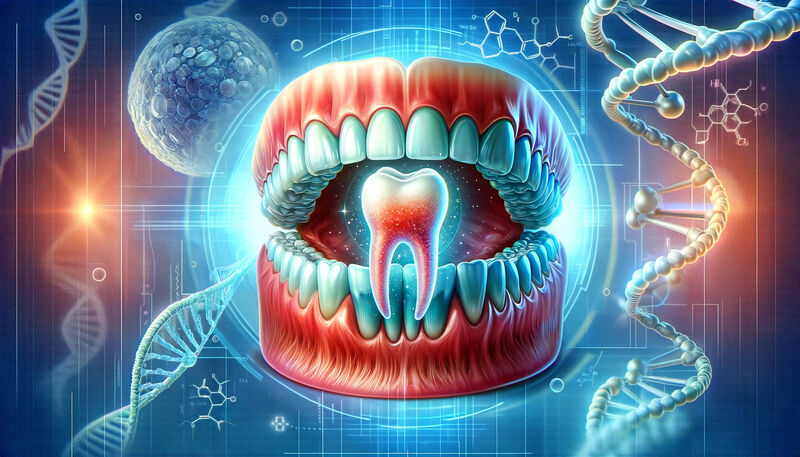Groundbreaking 'Tooth Regrowth Medicine' Set for Clinical Trials in Japan

In a significant breakthrough in dental medicine, researchers at Kyoto University Hospital have announced the commencement of clinical trials for the world's first "tooth regrowth medicine," starting in September 2024. This pioneering treatment aims to offer a revolutionary solution for patients with congenital tooth deficiencies.
Pioneering Research at Kyoto University
The clinical trials, announced during a press conference by Katsu Takahashi, head of the dentistry and oral surgery department at Kitano Hospital in Osaka, along with his team, mark a historic step in medical science. The trials are scheduled to run initially from September 2024 to August 2025 at Kitano Hospital.
Trial Phases and Participant Criteria
The first phase of these trials will focus on assessing the safety and preliminary efficacy of the medicine. It involves administering the treatment intravenously to 30 healthy male volunteers aged between 30 and 64, who are missing at least one back tooth. This criterion ensures that there will be no complications should the medicine successfully promote tooth growth.
Addressing Congenital Tooth Deficiency
Congenital tooth deficiency, affecting about 1% of the population, can significantly impact an individual's quality of life. The condition, known as oligodontia, involves the absence of six or more teeth and is usually hereditary. By targeting those most affected by this condition, researchers hope to provide a substantial improvement in their dental health and overall wellbeing.
The Science Behind the Medicine
The tooth regrowth medicine works by deactivating a specific protein called USAG-1, which normally inhibits the growth of teeth. This groundbreaking approach has shown promising results in animal studies, with no major side effects reported so far. Researchers are optimistic about the medicine's potential to not only help those with congenital conditions but also individuals who have lost teeth due to cavities or injuries.
Future Prospects and Expectations
Following the initial safety trials, the treatment will be tested on younger patients aged 2 to 7 at Kitano Hospital, who are congenitally missing at least four teeth. The research team is hopeful that the trials will pave the way for the medicine's commercial availability by 2030, offering a permanent solution for tooth regeneration.
Lead researcher Katsu Takahashi expressed his motivation: "We want to do something to help those who are suffering from tooth loss or absence. While there has been no treatment to date providing a permanent cure, we feel that people's expectations for tooth growth are high."
As the trials progress, the potential impact of this medicine could be profound, not only for those affected by tooth loss but also for the broader field of regenerative medicine.

